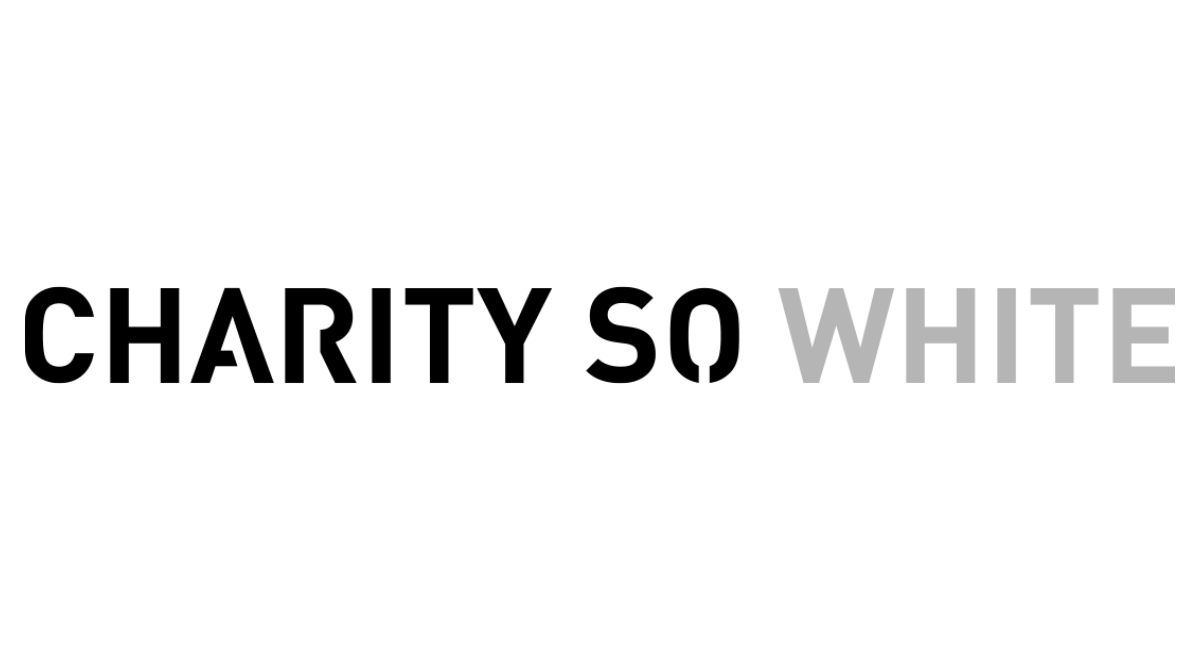Why racial and gender representation matters in charity boards
Guest blog by Shruti Jain, Chairwoman of Saheliya.
Diversity efforts by charity boards usually result in gains for white women more than any other group. This increase in gender diversity is not matched by black, Asian and minority ethnic (BAME) representation however, particularly not by BAME women. When we talk about diversity, it is always BAME women who are left behind.
My experience as a charity trustee
I’ve been a trustee for a number of charities for nearly 18 years - large and small, across different sectors. I have been the only BAME and one of a few on board – usually the only BAME woman however. I was approached by countless charities in my 20s and into my 30s to join them as a trustee, and often at the same time. Probably because I was one of only a few known with board experience in the area. And while I had the energy, I didn’t always have the time.
I only agreed to join boards where I had a passion for the mission and there was shared understanding of what I could bring. I need to know I am being appointed on merit – for my skills and knowledge rather than to fill a quota. The proverbial diversity tick-box exercise.
Being the only BAME representative on a board can be tiring.
If I am the only representative, I am the only one who understands the issues and can speak about them. But if there is more than one of us, then there is a range of experiences and there can be a discussion. And while my CV is impressive – I have a strong background in community engagement, I do not know all of the issues for all BAME communities. We are all different.
One BAME representative on a board is simply not an option.
100% racial and gender representation on board
I became a Director with Saheliya in 2016 and was appointed Chairwoman in 2018. All my directors are women and they are all from a BAME community.
Having 100% representation is essential. We provide a specialist support service at Saheliya and all my directors have an in-depth understanding of the additional and specific challenges BAME women face living in Scotland. We have the collective knowledge for helping women and girls rooted in service delivery and lived experience.
My directors are in tune with the needs of our service users, which helps develop successful services and allows us to better serve our communities. When people see or hear about the board it assures them. It helps us to build trust with our service users and gives them confidence in us. They see people like themselves and think “they will understand us”. It also secures our reputation with partners, funders and donors.
We recently developed a progression pathway for our Champions for Change because we wanted to include a wider range of perspectives. These women – many in desperate situations, first came to us seeking specialist support and have now settled in Scotland. For some English is a second language. Many haven’t been a trustee before, but we take the time to explain and offer training and mentoring. We know these women will contribute and do contribute. We want them – and our other trustees to go on to contribute in similar roles elsewhere.
We’ve been bold in our commitment to 100% representation.
We don’t have to deal with whiteness around the table. We move beyond the need to improve racial literacy to deal with the issues. Our directors don’t feel intimidated or undermined because of the colour of their skin or their background. They aren’t sometimes subject to micro-aggressions, or any underlying racial discrimination or gender bias.
We create a safe space where women can share their views and their voice will be heard. As women, we lift each other up.
At Saheliya there isn’t a minority voice. There are people like you – with similar experiences, around the table.
Race as a policy priority
Discussion about diversity on boards is not new, but COVID-19 and Black Lives Matter highlight systemic racism should be a policy priority. We are at a significant period in society; we can’t go back to the “old normal”.
We need to start at the top so racial diversity is intrinsic to doing charity business. All boards should have BAME representation to tackle systemic racism and bias. Not just one representative but a few, to draw on talents and experiences; and not just men, but also women. Without the voice of BAME women on board, there is nobody there to represent their views or design interventions for real impact.
Much more needs to be done to improve representation at the highest level. Charity leaders must commit to change if diversity efforts are to work.
Shruti Jain is Chairwoman of Saheliya, a specialist mental health and well-being support organisation for black, minority ethnic, asylum seeker and refugee women and girls (12+) in the Edinburgh and Glasgow area.
I use BAME in this article but we are currently discussing an alternative term that better suits our charity and the communities we serve.


